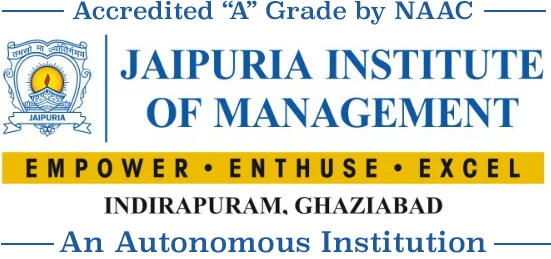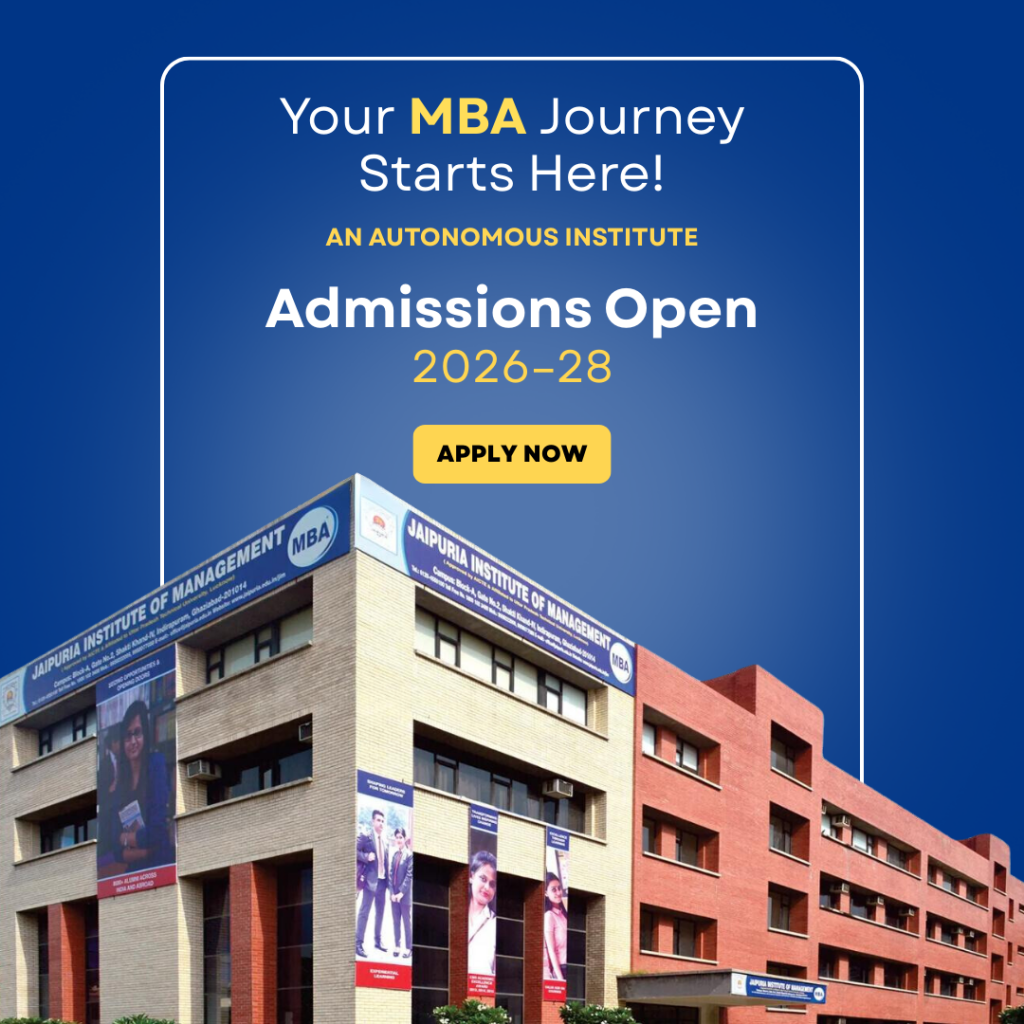By Prof. (Dr.) Daviender Narang,
We are confronting unprecedented challenges – social, economic and climatic – driven by technological disruption and accelerating globalization. These changes are providing us with myriad fresh opportunities for a growth-driven world.
The change is inevitable; the future is uncertain and cannot be predicted. However, we need to be open and ready for it. In recent years, the education sector has witnessed major changes. Youth unemployment, lack of employability skills, poor emotional intelligence, and weak communication skills are some of the prominent issues dogging the job market and academic sector.
Despite having a viable degree, many youths are still struggling to get a foothold to kickstart their career. Several of them are unable to find a dream job because they lack the necessary life skills, job hunting ability, and job readiness. According to a research by Pearson Business School, only 13% of management graduates were deemed fit to take on a job offer with expected competence. Another study conducted in Indian business schools and published in IOSR Journal of Business and Management reveals that many students from tier 2 and tier 3 cities lack proper communication skills, subject knowledge, team-work ethics, clarity of thought, decision-making prowess, managerial skills and leadership skills, despite possessing a PGDM diploma or MBA degree.
The situation has been made worse by the pandemic. The need for skill-based learning has been magnified. To navigate in such a difficult situation, the curriculum in business schools needs to be redesigned and revamped. A drastic change, a major transformation can pave the way to new career opportunities. There is a need to bridge the gap between theory and skill. Recruiters today are eyeing for a person with an array of life-skills combined with technical skills. Hence, the demand for a right candidate with desired skills has become multifold.
A prominent challenge is to equip the students with required employability skills that reduce the gap between academia and industry. The need of the hour is reskilling and upskilling which enable youth to confront unprecedented challenges confidently.
According to a research conducted collectively by Harvard University, the Carnegie Foundation and Stanford Research Centre, about 85% of job success comes from well-developed soft skills and people skills. Technical skills and hard skills contribute to 15% of job success.
Industry 5.0 is propelling the need for thinking and acting differently. However, the existing curriculum so far has failed to develop such competencies in youth. At the outset of this convergence phenomenon, the boundaries between different disciplines are eroding, necessitating a thorough discussion on what should be the approach of curriculum in the future.
The age-old debate over theoretical versus practical knowledge is of little use today. There is a need for deeper theoretical understanding combined with analytical approach. Many institutes have introduced new teaching methods that are in sync with global standards. The very idea of education is to enable youth to develop a global competency with both theory and skill-based knowledge combined with critical and creative thinking.
In line with this, NEP-2020 makes a clarion call towards a holistic education including multidisciplinary learning, outcome-based curriculum with an emphasis on skill development, entrepreneurship, experiential learning, and interdisciplinary curriculum with an emphasis on learner autonomy. Our curriculum should aim to teach students critical thinking; train them to be long-term strategic thinkers and make them future leaders. Learning should be a continuous process. Consistent upskilling may open plethora of possibilities and generate employment opportunities.
A skill-based approach prepares today’s learner for the real world. Practical application in the curriculum familiarizes students with the real situation. Also, keeping in view that most recruiters wish to hire skilled and dynamic candidates for a better position, this kind of exposure gives students an edge over others while getting a job. The various employability skills include different levels of written and communication skills, technical skills, job readiness, interview skills. Learning life-skills like tenacity, resilience, being responsible and self-directed are some of the perquisites for today’s world.
We are going through tremendous changes in our times. To keep pace with the drastically changing situation, management institutes are constantly experimenting with teaching pedagogy and exploring various outcome-based learning. The focus is on the holistic development of learners. Students are also being motivated to participate in entrepreneurial activities with the help of IIC, JIM-G.
The bottom line is: a skill-based approach to our curriculum can lead to better chances of students navigating an unpredictable new normal and be future-ready. This points towards a fact – the need to transform our curriculum, from a theory-based approach to a skill-based approach, which will open up new career opportunities.




